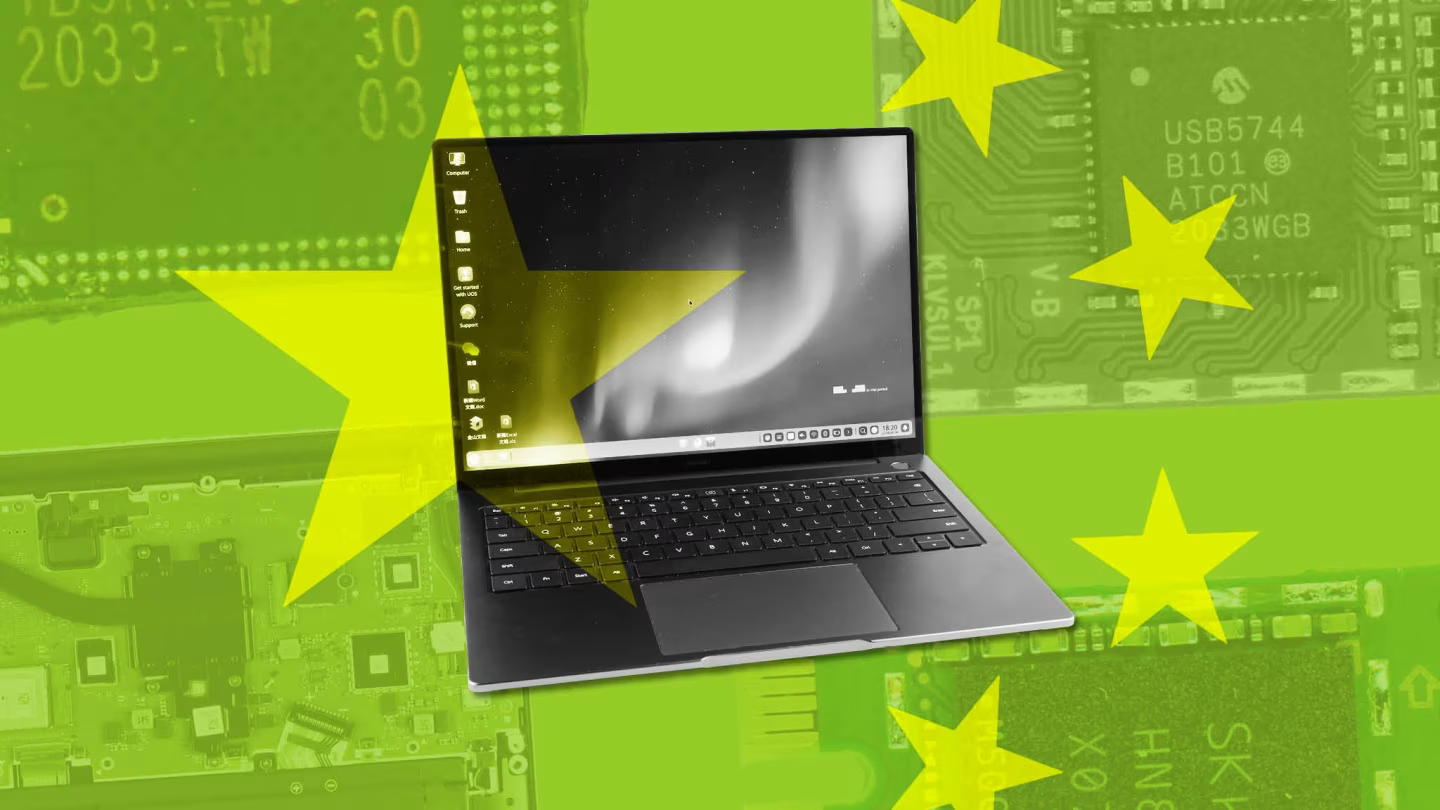Technology
This is the official technology community of Lemmy.ml for all news related to creation and use of technology, and to facilitate civil, meaningful discussion around it.
Ask in DM before posting product reviews or ads. All such posts otherwise are subject to removal.
Rules:
1: All Lemmy rules apply
2: Do not post low effort posts
3: NEVER post naziped*gore stuff
4: Always post article URLs or their archived version URLs as sources, NOT screenshots. Help the blind users.
5: personal rants of Big Tech CEOs like Elon Musk are unwelcome (does not include posts about their companies affecting wide range of people)
6: no advertisement posts unless verified as legitimate and non-exploitative/non-consumerist
7: crypto related posts, unless essential, are disallowed
view the rest of the comments

Tech Self sufficiency? On the hardware level, it will take a while. In the software level, I don't think it will ever happen. Yes, the desktop and software suite they use, and the distro they're packaged in are Chinese, But....
the Linux Kernel, the GNU stuff, the systemd stuff, the Freedesktop specifications, Xorg if they still use it, wayland protocols and wlroots, are all developed by people from The West, so if they really want independence, I want to see them replicating all that work from millions of people across the last 30-40 years.
Huawei contribute quite a bit to the linux kernel, it's a pretty international effort.
Just the first statistics I could find showed they contributed more changesets than any other organisation https://lwn.net/Articles/915435/
Oh shit. Nobody tell congress or else they're gonna ban linux
Why the fuck would they need to replicate free software? It's open. Anyone can start doing their own thing with it, independent of external influence.
This is not only irrelevant but it erases the nature of global contributions to free and open source software.
How many Russians, alone, contributed to these?
I'm no computer engineer, but this seems like a silly take. Hardware requires supply chains and some of the most closely guarded technology in the world. Software requires programmers and time.
Literally anyone can download those things and fork them. And I wouldn't be surprised if there's already chinese contributors. And if China really wanted, they could even ignore the GPL and not publish their changes to the source code 😲
Not everyone can download extreme UV lithography.
Why would they have to replicate this work given that it's all open source?
Yeah, I like how they call their Debian based distro a "Chinese-made operating system".
Or they just fork and stop sharing source code. Self-sufficiency would just mean not having to depend on any future contributions. Nobody can stop them from having access to all the old stuff.
it doesnt matter where FOSS is developed in.
I'm no lawyer. I don't know if GNU/Linux is subject to the U.S export regulations.
It has nothing to do with the US, so presumably, no.
IANAL, but current case law indicates source code is considered protected speech https://en.wikipedia.org/wiki/Bernstein_v._United_States
I assumed that Linux was not really under the control of the US, but I guess the Foundation is incoporated in the US as a 501(c)(6) and the kernel org itself is a 501(c)(3), so that does give Congress more levers on the kernel than I expected.
Not to mention that most (all?) of the major corporate funders of the kernel are US-based...
I really hope the kernel doesnt get (geo)politicized.
Edit: based on @RobotToaster's link, yeah it looks like every major "employer" contributor to the kernel other than Huawei, Linaro, Arm, and Suse are American. Arm is probably working mostly on support for its architecture, so I guess it's Linaro (UK) and Suse(DE).
That's not to downplay the role of independent contributors, but it seems like a good indicator of the "power of the purse strings".
Edit 2: here's a more recent set of development statistics from LWN. Looks like the ordering has changed quite a bit since 2022, or it varies a lot with each kernel version